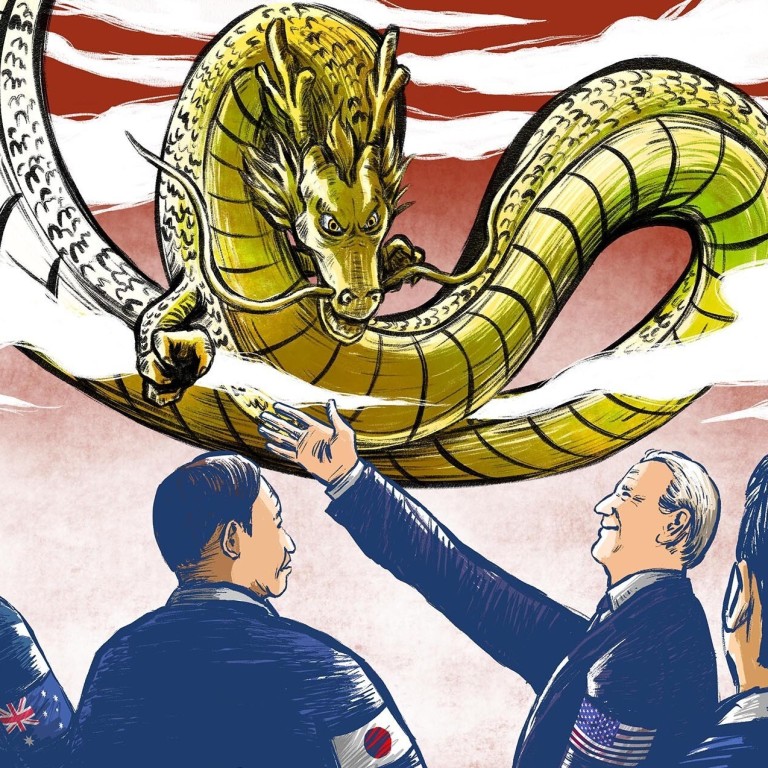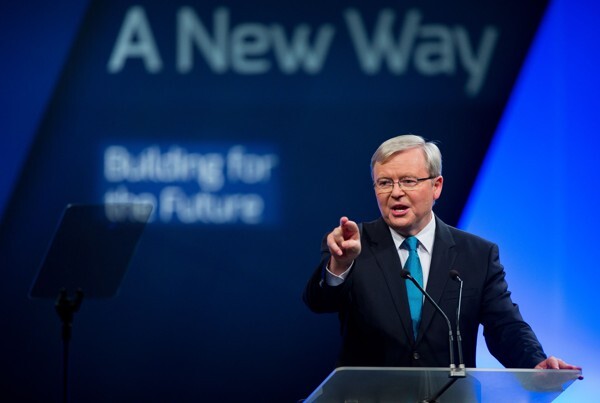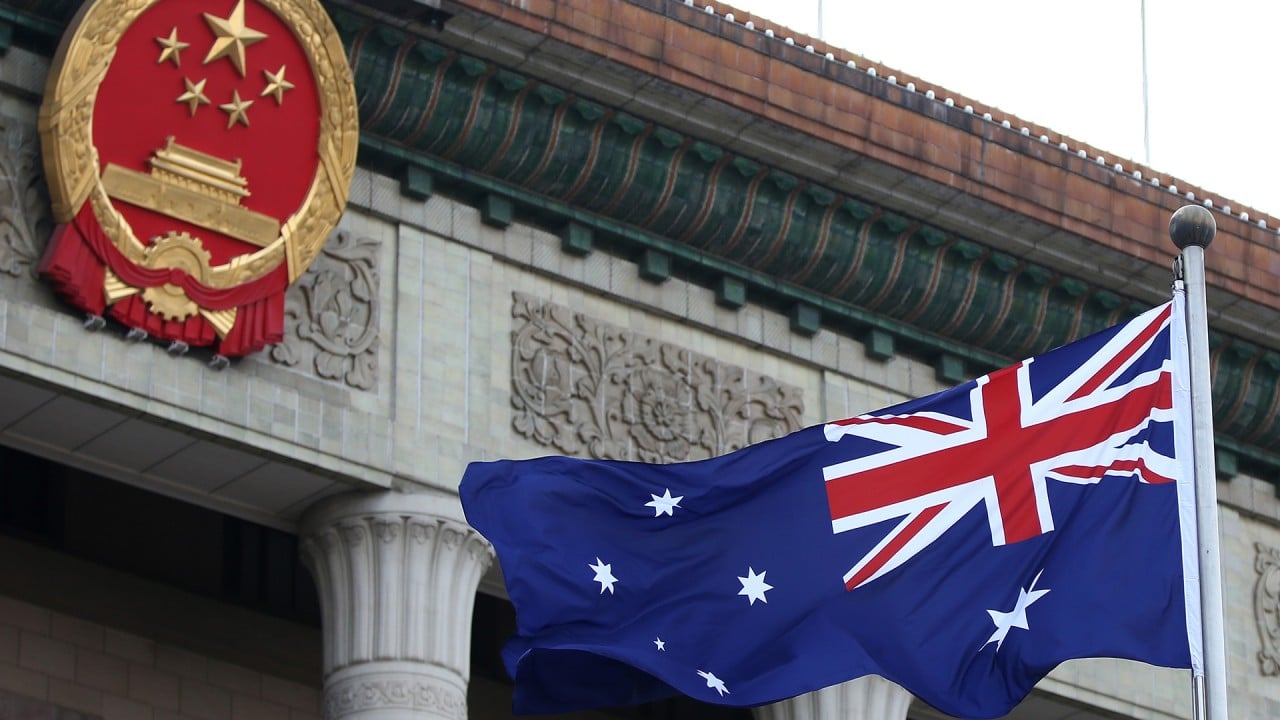
US-China relations: ex-Australia PM Rudd sees re-engagement but no return to ‘status quo ante’
- China understands it’s ‘impossible’ to interrupt long-standing security ties between US and Australia, Japan and South Korea, says Rudd at the Post’s China Conference: United States
- Restraint on Hong Kong and Taiwan and resumption of military-to-military communications are key to improved ties
The new team, while comprising seasoned Asia hands, is likely to “exhibit new levels of policy creativity in dealing with China”, he said, adding that “we should not just assume a return to patterns from the past”.
Will Joe Biden’s win spur Australia to reshape its China policies?
“The challenge for China will be to respond early in similar fashion, given that we all know in Beijing the foreign policy decision-making processes can sometimes be slow,” Rudd said in the virtual interview with the Post’s deputy executive editor, Zuraidah Ibrahim.

In the wide-ranging interview, he offered recommendations to both superpowers on how stability in bilateral ties could be achieved but stressed that the relationship would remain competitive – with a return to “status quo ante” unlikely.
As for Beijing and its policy towards Taiwan – which it deems to be a renegade province – Rudd said that Beijing would do well to “exercise restraint” in its conduct of military exercises near the island.
China has recently stepped up conduct of such exercises near Taiwan while also taking the unprecedented step of declaring that the drills were in fact directed at it.
In terms of managing any accident in the South China Sea, for example, the military-to-military communication links at present are not working
Restraint on the part of China would “convey to the American side that so long that the fundamental principles of the One China policy can be respected by both sides, there is no need for military escalation in relation to Taiwan’s future”, Rudd said.
The re-establishment of military-to-military lines of communication between the superpowers that have “fallen into disuse” in recent years would also be crucial to bringing ties to an even keel, he said.

07:55
Australia ditched diplomacy for ‘adversarial approach’ to China and ‘a pat on the head’ from US
Given the “large constituency in the United States Congress” observing developments in Hong Kong closely, a “period of restraint” by Beijing in relation to democracy activists would be important to stabilise the overall bilateral relationship, Rudd said.
“I would say to our friends in Beijing, a very light touch on Hong Kong, for the four years ahead, will be a very wise approach in dealing with not just the Biden administration, but the court of international public opinion,” he said.
And subsequently, if such restraint becomes apparent in the autonomous city, the US Congress should “look at how best to accommodate [that new reality] within the framework of decisions that have already been taken,” he said.
Rudd, who has emerged as among the Asia-Pacific region’s most prominent voices calling for action on climate change, sounded an optimistic note on cooperation on this front between the Biden administration and China.
With former US secretary of state John Kerry spearheading Washington’s efforts as Biden’s climate tsar and the top Chinese climate change negotiator, Xie Zhenhua, “equally ready to get going”, this aspect of the bilateral relationship is poised to “open up very rapidly”, Rudd said.
‘China wants to lead, rather than simply join’: top Australian diplomat
As for third countries that had come under intense pressure to take US-China sides during the Trump years, Rudd said he hoped this would change. “My own argument is that it’s wise for both these great powers to leave room for third countries to operate, to live, and to work and to have their being,” he said.
The US – having taken on a protectionist, anti-multilateral trade stance in recent times – must likewise acknowledge that countries in the region now feel entitled to advance economic relationships among themselves and with China, he said.
“There is room to move on both sides of this equation, in order to create room for the Japanese, the South Koreans, the Southeast Asians, the Australians and other countries, including the Europeans, to maintain their historical security and political ties with the United States, and not turn every single foreign policy issue, economic policy issue, security policy issue and technology issue into a binary fight, where they have to make a binary choice every day of the week.”
Illustration: Lau Ka-kuen

